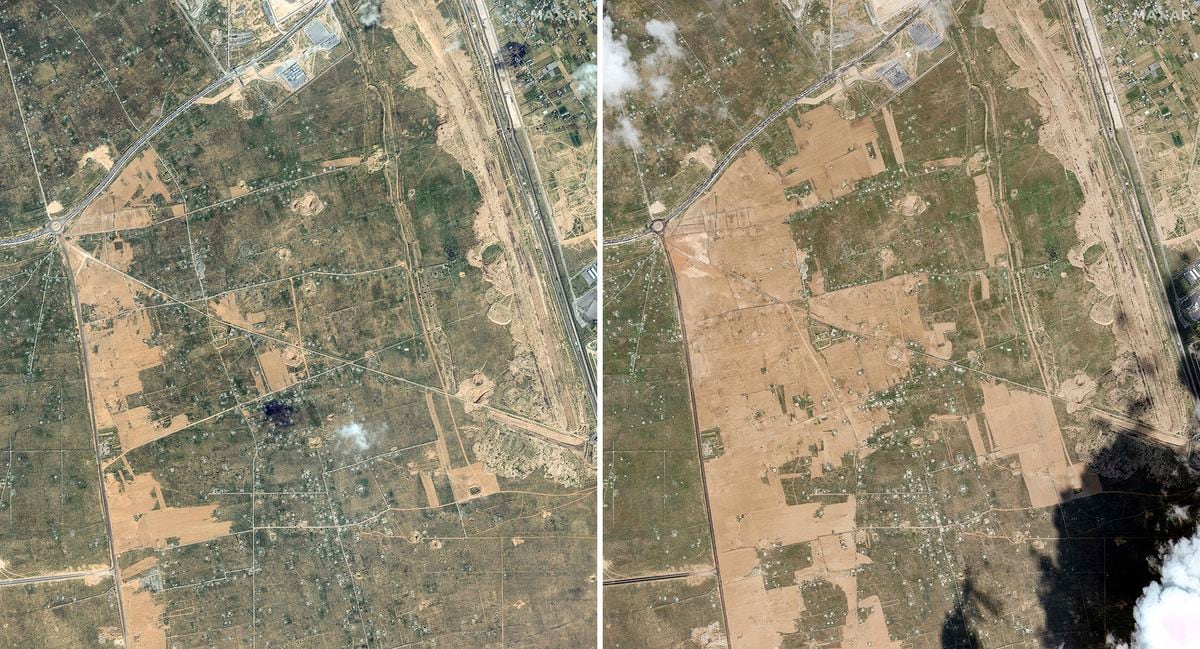Should I End My Vehicle Lease if I’m Going To Exceed My Mileage? – Technologist
When you go to buy a vehicle, you can target a new or used car. You can pay in cash or with a down payment and a loan. Leasing a vehicle is another option. And it comes with specific strategies and rules.
Aside from rare circumstances, such as the unusual pricing dynamics from the COVID-19 pandemic, Clark rarely recommends leasing vehicles.
In normal times, like we’ve returned to in the vehicle market, Clark only recommends leasing under two circumstances:
- If you feel like you need to drive what Clark calls “the latest and greatest” to the point that you’d otherwise change out the car you own way too often.
- You receive a heavily subsidized lease from a dealership.
There are other decisions to make as well. Especially if you do lease a vehicle. For example, how do you decide if you should buy a leased vehicle at the end of your lease? And what should you do if you’re going to exceed your mileage allowance?
Should I End My Vehicle Lease if I’m Going Over My Allotted Mileage?
I’m going to exceed my vehicle lease mileage. Should I talk to the dealership about ending my lease?
That’s what a Clark Howard listener recently asked.
Asked Dale in Pennsylvania: “I have a 36-month, 30K mile vehicle lease. I will exceed the miles before 36 months at a cost of 20 cents/mile overage.
“Is it better to approach the dealership about ending the lease or purchasing the vehicle before 30K miles or wait until 36 months are up?”
Wait until your lease is up. It should be an almost automatic decision, Clark says.
“If you early terminate the lease for any reason, you are hit with enormous financial penalties. Brutal financial penalties,” Clark says.
“You’re much better off letting the clock run the full three years. At that time, based on market conditions, in terms of what the vehicle is worth vs. its residual, you will either find that you are better off buying it. Or, I know this is nuts, but it may be better to pay the 20 cents a mile overage to be done with it.”
For now, Clark advises Dale to continue driving the leased vehicle. And to evaluate his decision once he’s nearing the very end of the 36-month term.
“You’re just going to have to let time be your guide. But under no circumstances terminate that lease before the 36 months,” Clark says.
“Six weeks to two months out, you’ll be contacted about what you want to do at the end of the lease. And you’ll have time during that six- to eight-week period to figure out what’s your best move at the end of that lease.”
Final Thoughts
Check out your lease contract and pay attention to the fine print. But almost always, breaking a lease early will cost you dearly in penalties.
Wait until the end of the lease term, Clark says, and then buy the vehicle or pay the overage charge for mileage and move on.



